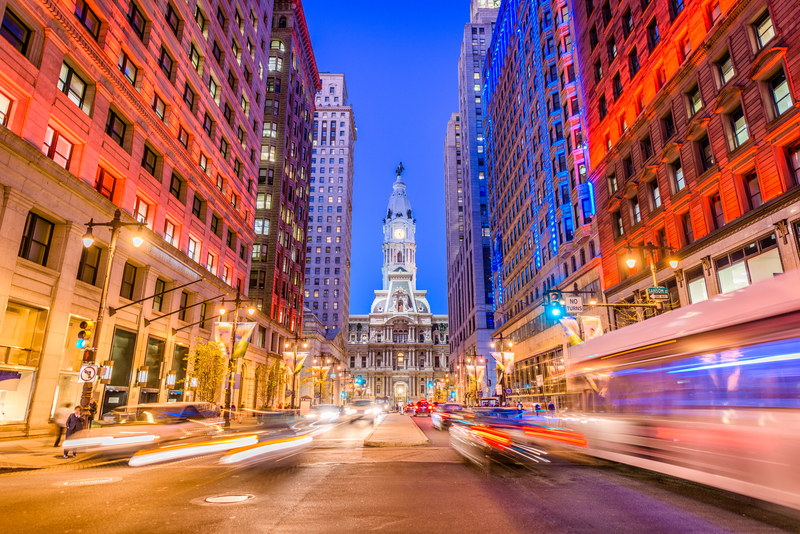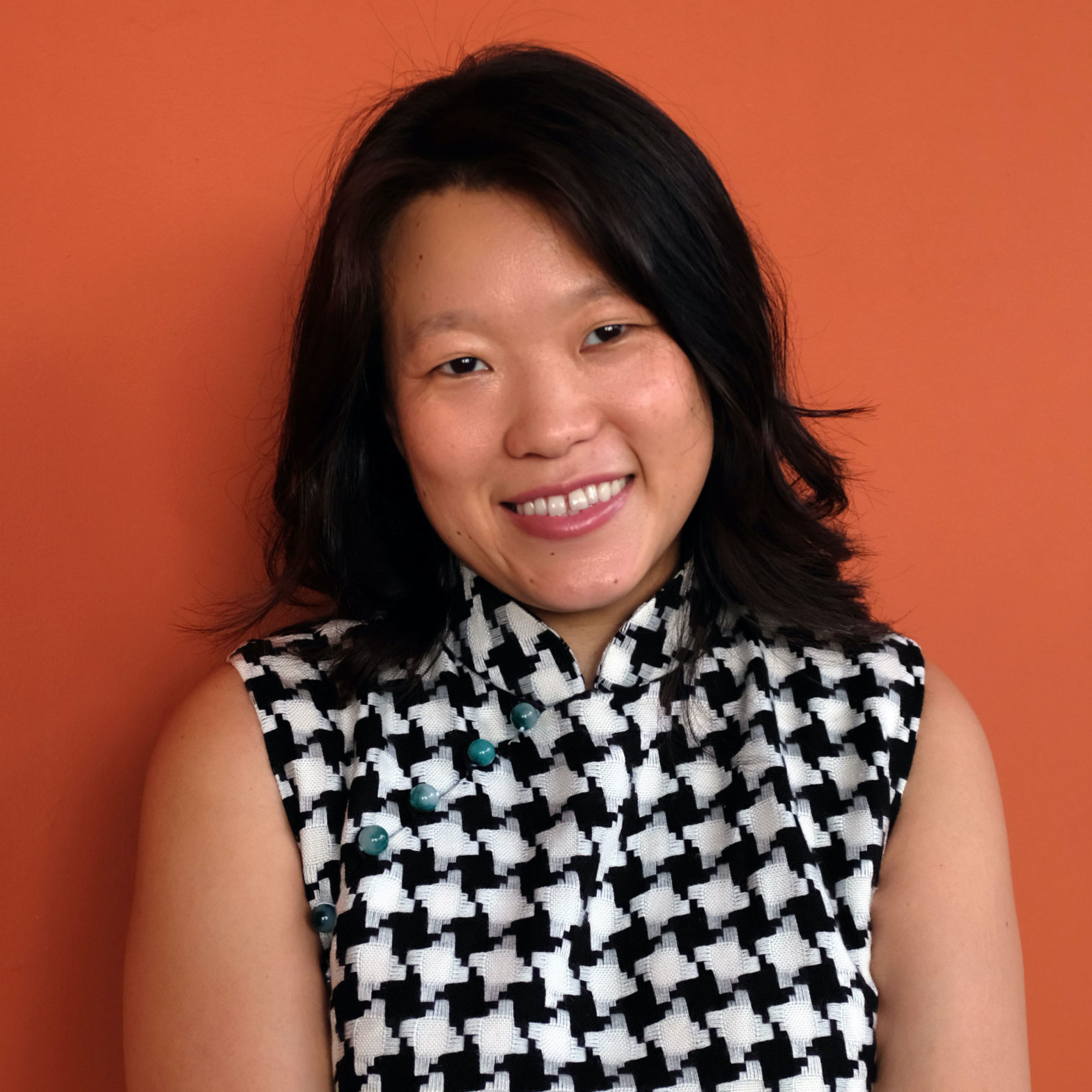
Photo: Sean Pavone | Dreamstime.com
Philadelphia gives citizens a US$1 million say on spending as COVID-19 squeezes budgets
15 December 2020
by Sarah Wray
Philadelphia is launching its first participatory budgeting initiative to allow direct community involvement in city spending decisions.
This is alongside a range of measures to solicit broader input into the city’s overall budget spending, with a particular focus on racial equity.
The measures come amid difficult financial decisions for cities as COVID-19 hits their budgets hard.
Led by the City’s Budget Office in partnership with the City Planning Commission, the participatory budgeting programme aims to generate ideas for infrastructure investments and will allow residents to vote directly on how to spend US$1 million on capital projects.
A call for spending ideas from the public will go out in the early spring, with the final vote scheduled for June 2021, around the same time that City Council will vote on the FY22 budget.
A Re-Imagining Philadelphia Steering Committee of citizens will help to design the participatory budgeting process and the city has also engaged non-profit Participatory Budgeting Project (PBP), which has worked with cities such as Oakland, Boston and Seattle.
Participatory budgeting began in the city of Porto Alegre in Brazil in 1989 and is now used in over 3,000 cities worldwide, including New York, Barcelona and Paris, which allows residents to vote on how they want the city to spend €100 million (US$121 million) – five percent of its capital budget.
Digital platforms are increasingly being deployed to engage more people.
Racial equity
Philadelphia said it is also seeking more input from residents on its larger budgetary spending, “with concerted efforts to engage Black and Brown Philadelphians”.
“In partnership with the Mayor’s Office of Public Engagement and staff throughout city government, we will gather feedback early in the budget development process through focus groups with community organisations, business leadership, the city’s frontline employees and other groups,” said Budget Director Marisa Waxman. “We are all learning and adjusting as this pandemic affects city operations and finances. Community needs are increasing while revenues are declining. As we work to make difficult budgetary decisions, we need to hear more voices and perspectives.”
In spring, the Office of Diversity, Equity and Inclusion convened a Budget Equity Committee to review the options for spending reductions which were required due to the economic fall-out of COVID-19. The goal was to particularly assess the equity impact of proposals on Philadelphia’s communities of colour and low-income residents. This group will be reconvened for the FY22 budget. The Budget Office will also engage the Racial Equity Working Group.
Balancing revenues and reductions
As the Budget Office starts the FY22 budget process it is bringing explicit questions and procedures into the process, including setting goals for contracting with minority, women and disabled-owned businesses.
When considering any new revenue streams or changes to existing rates, the potential impacts on various communities must be evaluated as part of the decision-making process.
The city said that in FY21, this approach led to it selecting an increase in the Parking Tax as the best path for increased revenues over other options, as “disparities in car ownership by race and ethnicity in Philadelphia meant that this would fall more on wealthier, white drivers from inside and outside the city than on Black and Brown Philadelphia residents”.
Departments requesting funding or spending reductions will also need to demonstrate that the potential impacts on racial disparities have been evaluated.
“Our vision, for this budget cycle and beyond, is to make investments that provide quality government services and infrastructure while maintaining the city’s long-term fiscal health, reduce racial disparities among Philadelphians, and advance equitable outcomes for all Philadelphians,” said Mayor Jim Kenney. “Our budgets must reflect the commitment to creating a more equitable Philadelphia, where race, ethnicity, disability, gender, gender identity, sexual orientation, income, or neighbourhood are not a determinant of success or life outcomes.”













